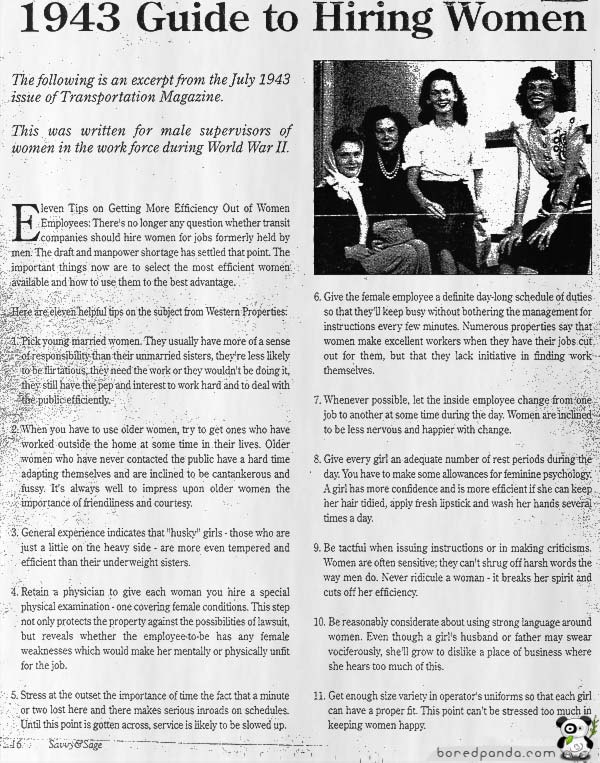 |
| Artwork by Lorraine Art Schneider |
I find myself thinking about my parents, of course, this time of year. Both have been dead for over ten Christmases now, but their karma really bit me. The violence in my family seems allied to the violence at Sandy Hook; the violent response of the NRA reminds me of my father, who wanted above all to keep his gun.
My mother never felt she had a choice in life. I don't think her mother, Leona, did either, though it is bittersweet to know that Leona did have an affair with "the motorman." I imagine there was passion and pleasure there, but it is not clear whether that had anything to do with her death in her early forties; my mother thought it might have been hemorrhaging from an abortion. All abortion was illegal in 1943. That's not my subject, but it is relevant.
What I was thinking about was dinnertime in the house I grew up in. My mother would put on the table something she had made from scratch, of course, back then. It might be her famous spaghetti and meatballs, the sauce made from tomatoes she canned. There would be this tension while we watched my father covertly taste it. Most likely he would sniff, which was a way he had of sneering, and say, refusing to look at her, "No napkins."
Because my mother always "forgot" to put the napkins on. Then we would eat in silence. I suffered chronically from irritable bladder and bouts of diarrhea. It made me what I am today.
If I were dealing with someone like him today, first of all, we would have talked about it. If that didn't stop his game, I would not have cooked dinner the next night, that simple. I imagine he would have said, "What's this? No dinner?"
I would say, cooly, "Why should I? You don't appreciate the effort, and the kids can eat peanut butter."
It's a nice fantasy to think that we might have talked, but I don't know. My mother seemed unable to negotiate with him. She probably tried various passive-aggressive tactics; I know she made up her mind to refuse him sex after one St. Patrick's Day party when he embarrassed her in front of friends by refusing to dance with her, but danced with the rest of the women there.
In a patriarchal system, many women are frozen with fear of overstepping the unspoken boundaries set up by the belief that men are better than women, that women are stupid, that we are here to serve men. We can be conditioned to these beliefs without ever hearing them spoken that way. We are so conditioned that we don't know we are afraid. We don't even think of options. I believe my mother thought, "Of course you cook for Your Man. You have to." That wasn't a matter of choice.
I think I'll stop the domestic story here to remark that my father stole the gun, a Luger, from a dead German (he called this "liberating" it) in World War II. He had joined the Army during the Great Depression, a poor boy who couldn't find a job, but ended up serving six years once the United States finally entered that mess, after hideous damage had been done to other countries and peoples. He was in the Battle of the Bulge. He only talked about that once. That's about all I know.
Except that he had post-traumatic stress, and would sometimes have nightmares and wake up calling for my mother. And now I have it, because he abused me, sexually, verbally, emotionally, every way he could. After death, I learned he'd been making moves to cut me out of the estate.
There's a
whole lot of bad karma around power. Hatreds and illness are born in any system that sets someone up as is intrinsically better than someone else by virtue of gender, race, religion, sexual preference, skin color, intelligence, money, or any other superficial difference you can think of. Such ideas of superiority were directly behind the Holocaust Hitler was creating until America finally decided it was our war, too.
It's complex. But peace is not.















